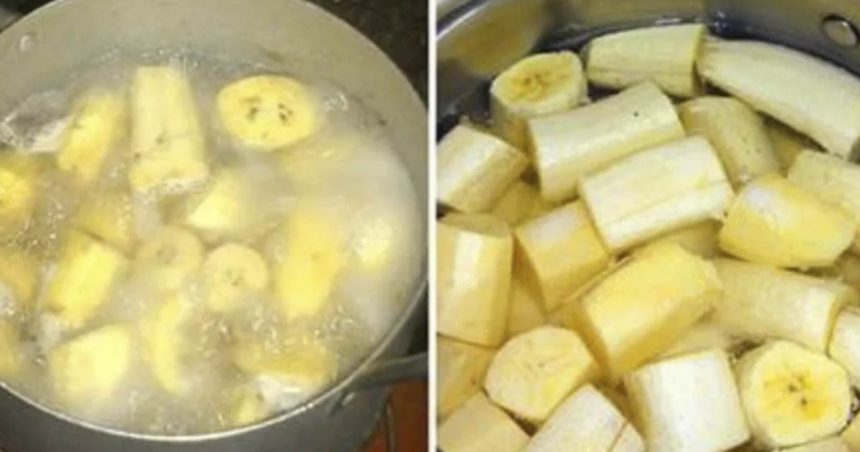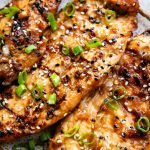Bananas are a versatile and nutritious fruit that can be enjoyed in various ways. Whether eaten fresh, frozen in a smoothie, or used to make dairy-free ‘nice cream,’ bananas are a healthy addition to any diet. One lesser-known way to reap the benefits of bananas is by making Banana Tea.
What is Banana Tea?
Banana tea is a unique blend of flavors made by boiling a whole banana in hot water and then drinking the infused liquid. It can be made with or without the peel, with the peel adding extra nutrients but also changing the flavor slightly. Despite the longer brewing time when using the peel, many opt to skip this step.
The Nutritional Benefits of Banana Tea
Banana tea is rich in potassium, vitamin B6, vitamin A, magnesium, copper, and manganese. It also provides calcium, protein, and dietary fiber. Including the peel in the tea increases its fiber content, although you won’t get as many nutrients as eating the whole fruit. Both whole bananas and banana tea can be part of a healthy diet.
Health Benefits of Banana Tea
While the health benefits of banana tea are not extensively studied, they can complement a healthy lifestyle. Some potential benefits include antioxidant content, sleep promotion, bloating prevention, low sugar content, and support for heart health.
How to Make Banana Tea
To make banana tea, simply boil a whole banana in water, adding cinnamon or honey for extra flavor. After simmering, remove the banana and enjoy the liquid. Leftover boiled bananas can be used in various recipes like smoothies or banana bread. Store any leftovers in the fridge for up to two days.
Sources
- “Bananas, raw.” FDC
- “Magnesium and health outcomes: an umbrella review of systematic reviews and meta-analyses of observational and intervention studies.” NCBI. Nicola Veronese, et al. February 2020.
- “Bananas as an energy source during exercise: a metabolomics approach.” NCBI. David C Nieman, et al. May 17, 2012.
- “Effect of different cooking methods on the content of vitamins and true retention in selected vegetables. NCBI. Seongeung Lee, et al. December 2017.
- “Magnesium Intake and Sleep Disorder Symptoms: Findings from the Jiangsu Nutrition Study of Chinese Adults at Five-Year Follow-Up.” NCBI. Yingting Cao, et al. September 2018.
- “Effects of tryptophan-rich breakfast and light exposure during the daytime on melatonin secretion at night.” NCBI. Haruna Fukushige, et al. November 2014.
- “Physiology of fluid balance.” Science Direct. Iain Campbell. December 2009.
- “Potassium intake and risk of stroke in women with hypertension and nonhypertension in the Women’s Health Initiative.” NCBI. Arjun Seth, et al. October 2014.
- Banana Tea. Healthline






